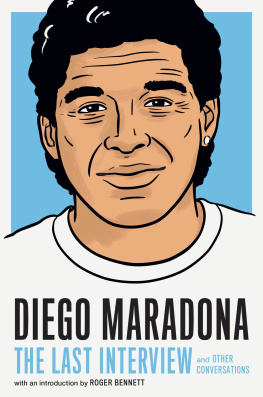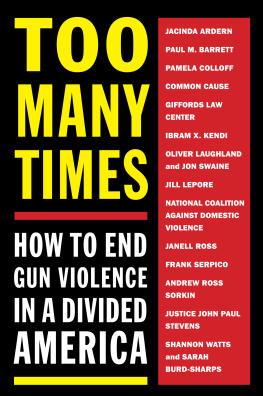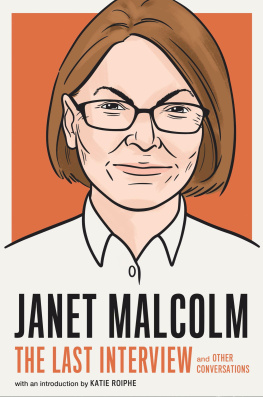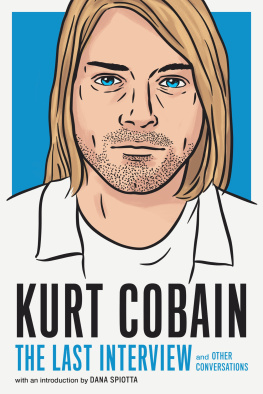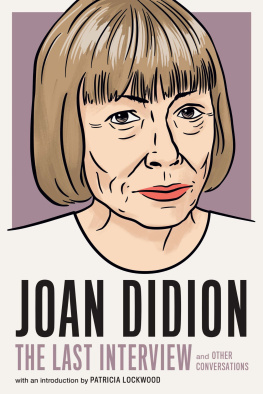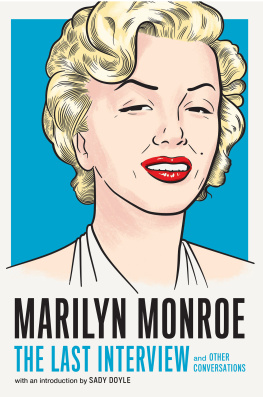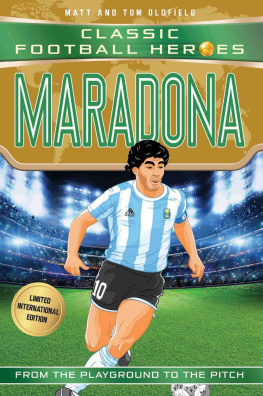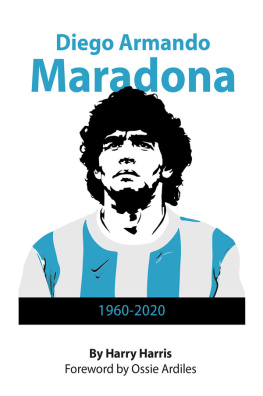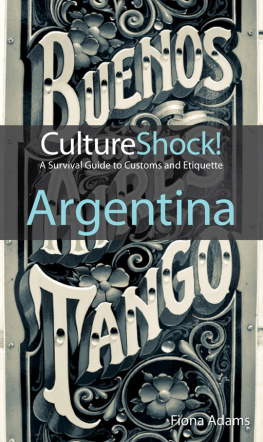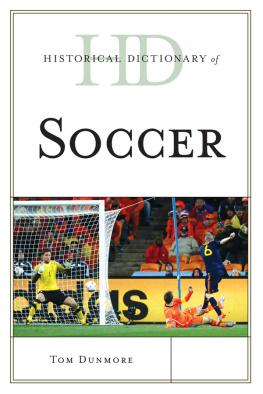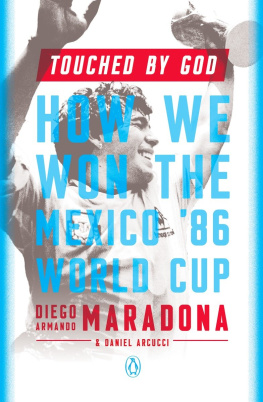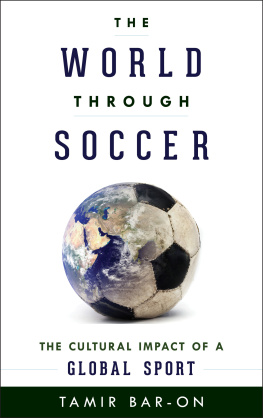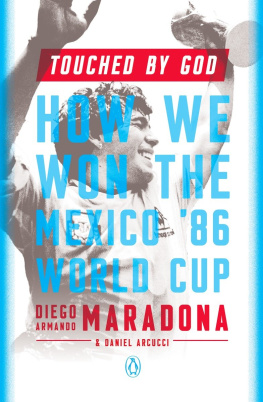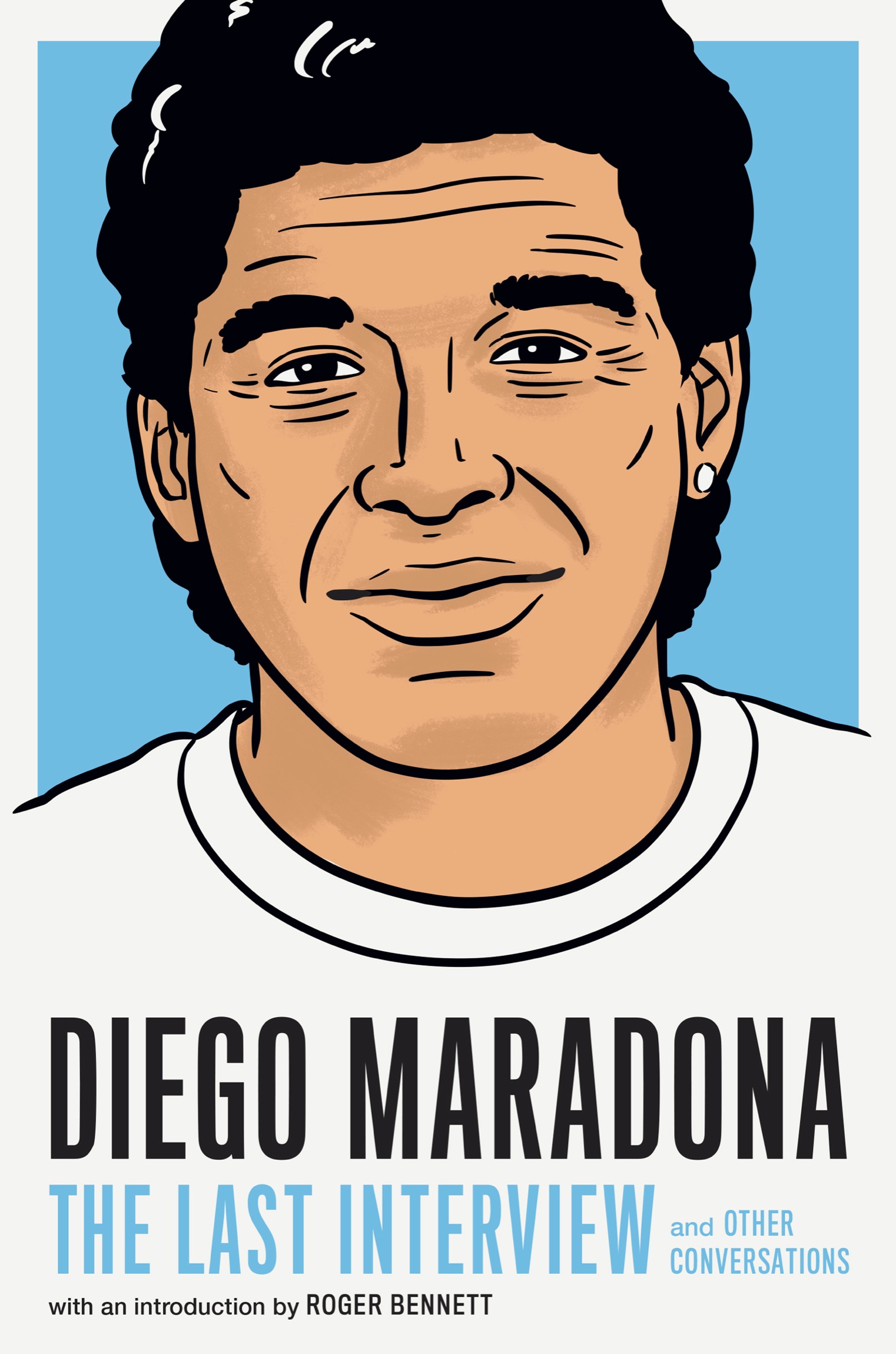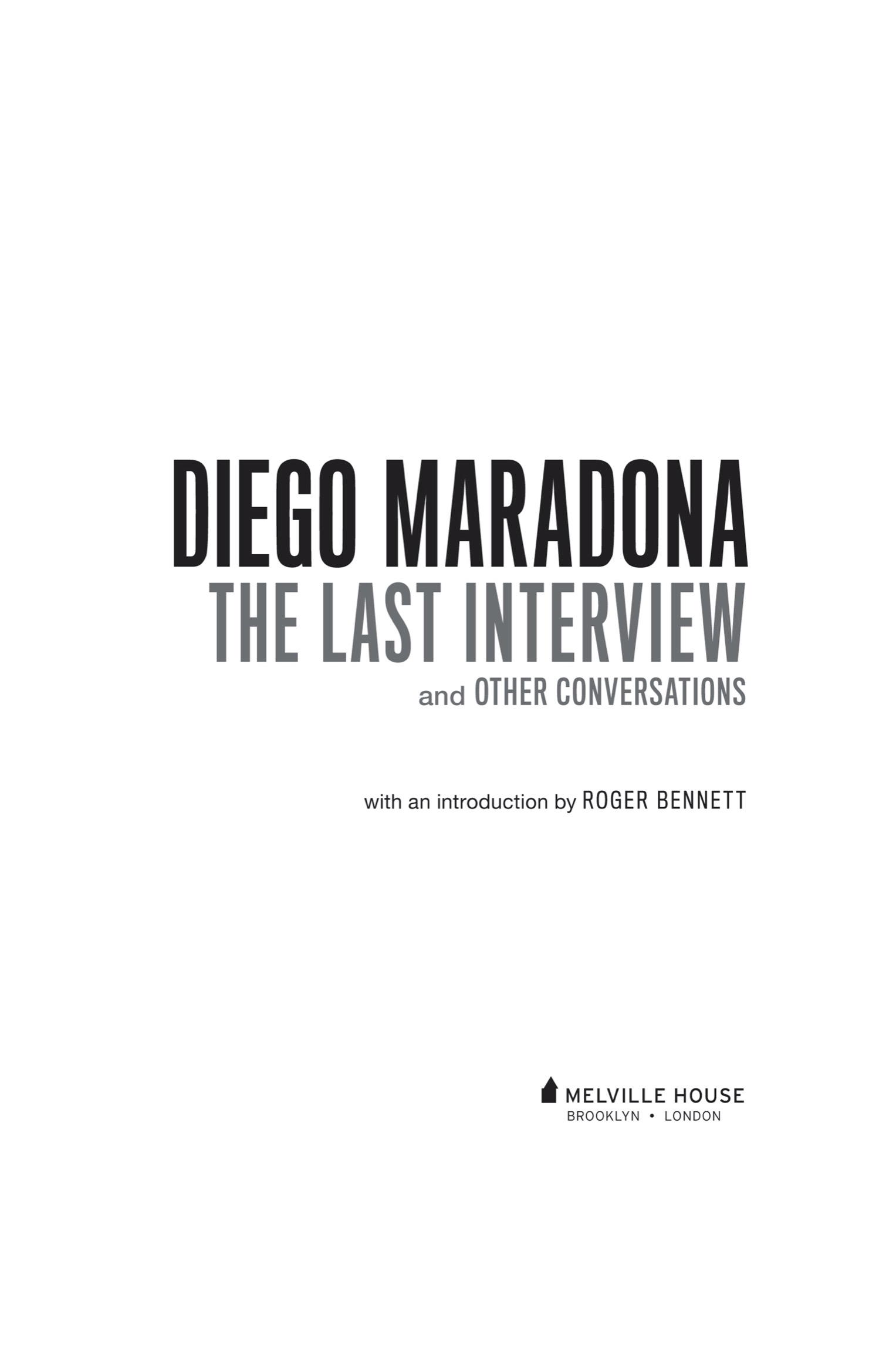Melville House - Diego Maradona: The Last Interview: and Other Conversations
Here you can read online Melville House - Diego Maradona: The Last Interview: and Other Conversations full text of the book (entire story) in english for free. Download pdf and epub, get meaning, cover and reviews about this ebook. year: 2022, publisher: Melville House, genre: Detective and thriller. Description of the work, (preface) as well as reviews are available. Best literature library LitArk.com created for fans of good reading and offers a wide selection of genres:
Romance novel
Science fiction
Adventure
Detective
Science
History
Home and family
Prose
Art
Politics
Computer
Non-fiction
Religion
Business
Children
Humor
Choose a favorite category and find really read worthwhile books. Enjoy immersion in the world of imagination, feel the emotions of the characters or learn something new for yourself, make an fascinating discovery.
- Book:Diego Maradona: The Last Interview: and Other Conversations
- Author:
- Publisher:Melville House
- Genre:
- Year:2022
- Rating:4 / 5
- Favourites:Add to favourites
- Your mark:
Diego Maradona: The Last Interview: and Other Conversations: summary, description and annotation
We offer to read an annotation, description, summary or preface (depends on what the author of the book "Diego Maradona: The Last Interview: and Other Conversations" wrote himself). If you haven't found the necessary information about the book — write in the comments, we will try to find it.
Diego Armando Maradonas death on November 25, 2020, at the age of 60, was a death that had been foretold many times. Even when he was alive accounts of his life had a tragic register, of the kid from the slums whose magical talent on the soccer field was squandered by drug addiction.
But his death allowed millions of people to ponder both the tragedy and triumph of his life, of a man who was arguably the worlds greatest soccer player, who was also a champion for the worlds poor. Adorned in the talismanic number 10 shirt that Maradona made his own while playing Boca Juniors, Barcelona, Napoli and Argentina, hundreds of thousands flocked to the presidential palace in Buenos Aires to pay their last respects; millions around the world were similarly moved, creating makeshift altars and murals in his honor. Vatican News called him soccers poet.
The interviews collected in Diego Maradona: The Last Interview span the breadth of his life and career as a player, coach, and public figure, providing a panoramic and extremely candid accounting of his rollercoaster life, many translated into English for the first time. Included in the book are encounters with Pele and Gary Lineker, who Maradona played against in the 1986 England-Argentina game that sent shockwaves around the world. The book also features his reflections on his stuggles with drug addiction, the highs and low of his experience playing for Napoli, his strong views on Lionel Messi, the governance of world soccer, and his worries about the impact of Covid on the worlds poor.
Maradona: The Last Interview is a fitting tribute to a complicated and brilliant soccer player who moved the world and changed the game of soccer forever.
Introduction by Roger Bennett, the co-host of Peacocks Men in Blazers show
Melville House: author's other books
Who wrote Diego Maradona: The Last Interview: and Other Conversations? Find out the surname, the name of the author of the book and a list of all author's works by series.

